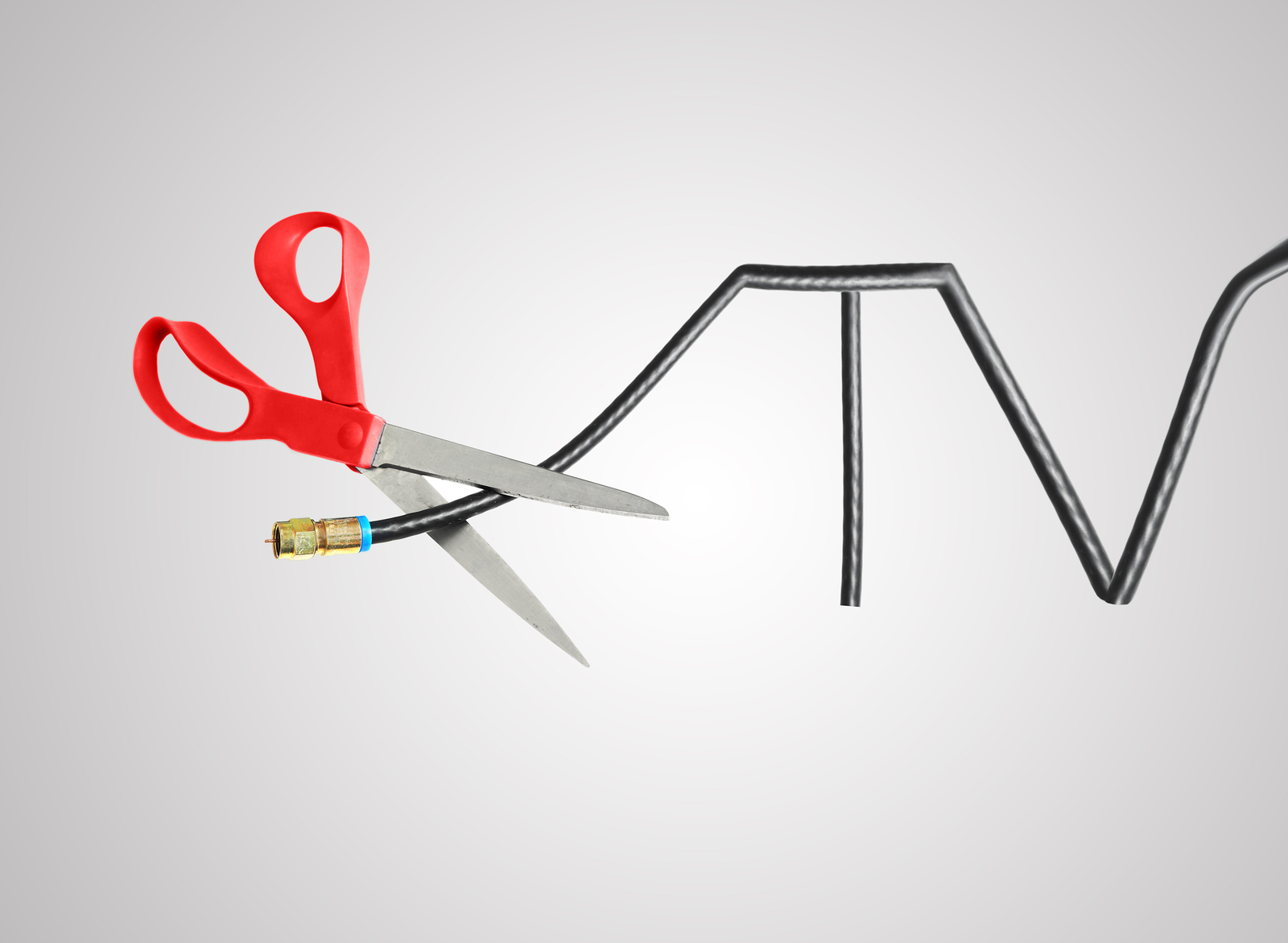It’s happening.
If you’ve been following the landscape of television over the past few years, you’ve noticed the cresting wave of services like Netflix, Hulu and Amazon Prime leaving traditional cable television powerhouses clamoring in the shadows.
Of course, as the digital revolution has taken place, it has seen the deconstruction of many media types (I’ll forever miss you Compact Discs) and has created new formidable foes for media outlets previously considered to be untouchable mainstays. It’s showbiz Marxism.
Like any teenager will tell you, however, the adjustment from sprouting youth to king of the mountain is an awkward transition and has its unfortunate bumps along the road. When our consumption habits change, there is often a fair amount of entertainment indigestion.
Many believed the most significant adjustment for our society was in cutting the cord and letting cable fall into the abyss through the echoes of standard definition TV and headphone jacks. Consumers (as I’m sure they told you…multiple times) gave up on traditional cable packages and opted for single services like Sling, YouTubeTV, Hulu, Roku and others to satisfy their immediate viewing desires.
Of course, where the money flows the company goes. Sensing this lemming stampede, major networks have begun launching their own places for digital premium content. No longer can one simply tune in to the game on ESPN. You now need to buy ESPN+. Want to see the newest NBC show? You’ll have to fork over the cash for Peacock, the NBC Universal streaming service.
All of this is in response to companies like Apple and Disney seeking to consolidate content and place it behind protective barriers from the everyday consumer. It’s an all-out cash grab, and fortresses are being hastily constructed. Each one is accessible, of course, for an additional $4.99 per month.
If this sounds confusing to you, then you are in the right boat. Not only is this a frustrating time for the average Joe, but it’s a time when more is being asked from the consumer and less is available for the price.
So what is one to do in this shifting climate? Quit.
Now may be the best time for you to quit TV. If that sounds impossible, at least consider this a time to drastically reduce the hold entertainment has in your life. According to a recent Neilson report, the average American watches more than 34 hours of television each week (including movies and other video-related screen time). That is almost a day and a half per week. What could you do with an additional day and a half at your disposal?
In a recent article for lifehack.org, writer Craig Dewe observes several concerns directly related to time spent in front of TV shows.
Dewe observes not only the rampant negativity displayed in everything from reality TV to network news but notes, “In comedies, we laugh at the stupid/overweight/socially awkward/racial stereotype/different people. The news is filled with stories of pain/suffering/disaster/death and arguing. Drama has to be about problems in order to create the drama. All of this is affecting your outlook on life and the way you see the world.”
Alongside the fact that TV creates unrealistic expectations and feelings of inadequacy, Dewe notes the basic effects of sitting immobile for hours and losing grip on the battle for self-discipline can harm our bodies physically, our minds emotionally and our spirits spiritually.
If you have ever considered pulling back on entertainment programming, there has never been a better time than now. As the networks are shifting from their global Pangea and every commercial is a carrot for another $4.99 per month to hand out, consider sitting this one out.
If you are someone who benefits from certain TV shows, consider time away as a sabbath or a summer hiatus. Pull the plug and wait until the hierarchy is re-established and content can flow to the consumer in ways that benefit not just your mind, but your wallet as well.
Quit TV and see what happens. Go outside. See a human. Read a book. Make an informed decision of your choosing. You may find that real life can offer all the entertainment you need.
Leave the drama to the networks.
